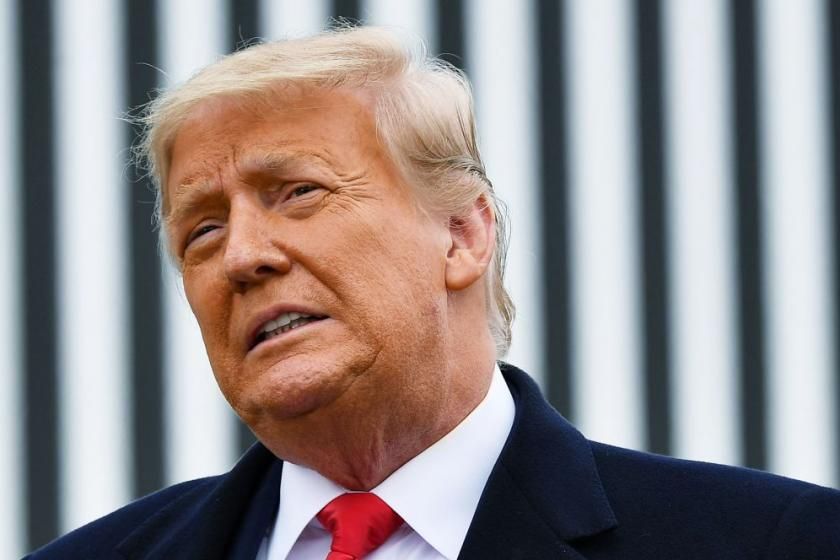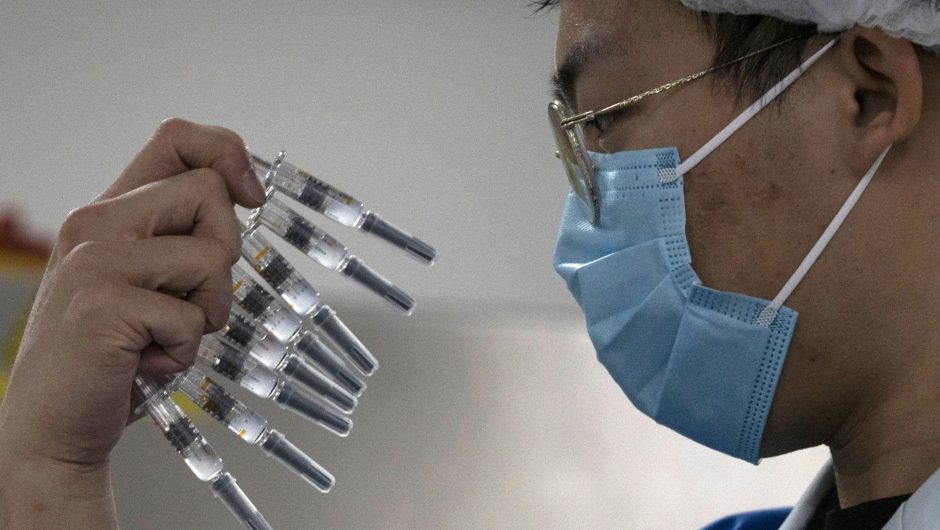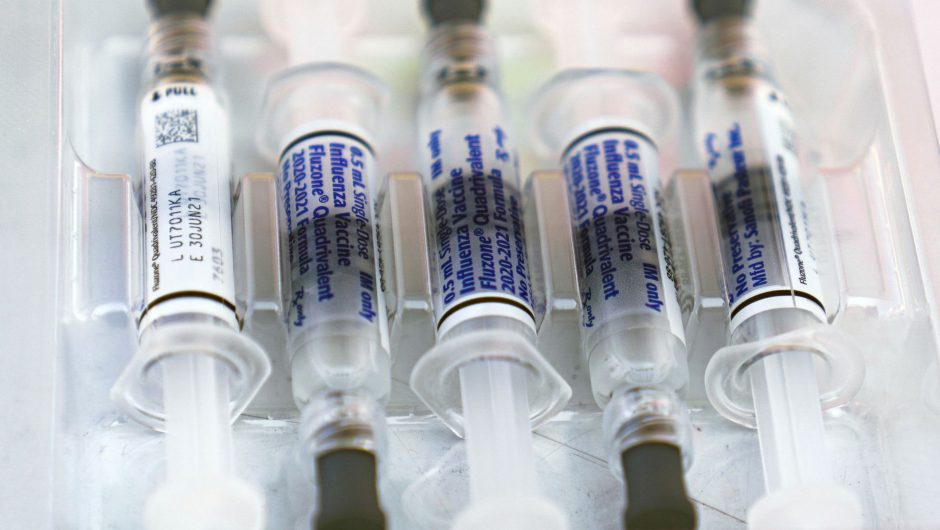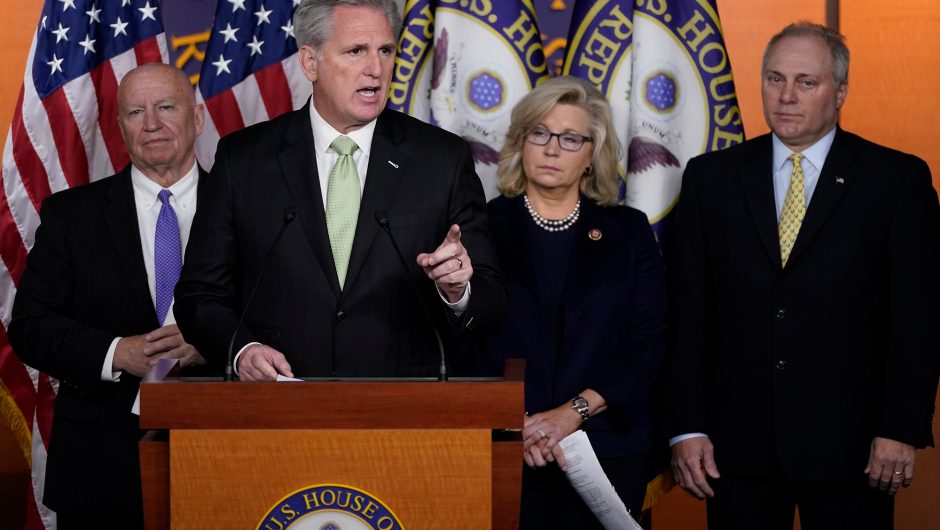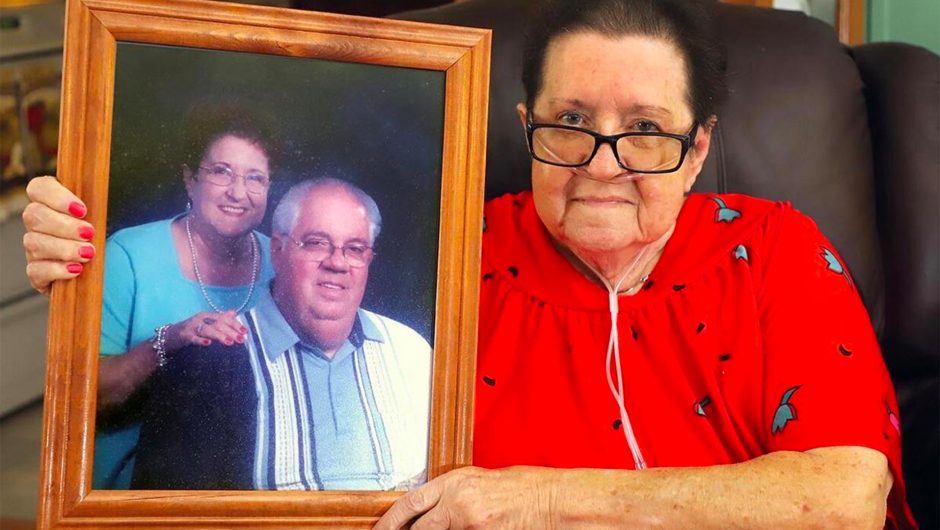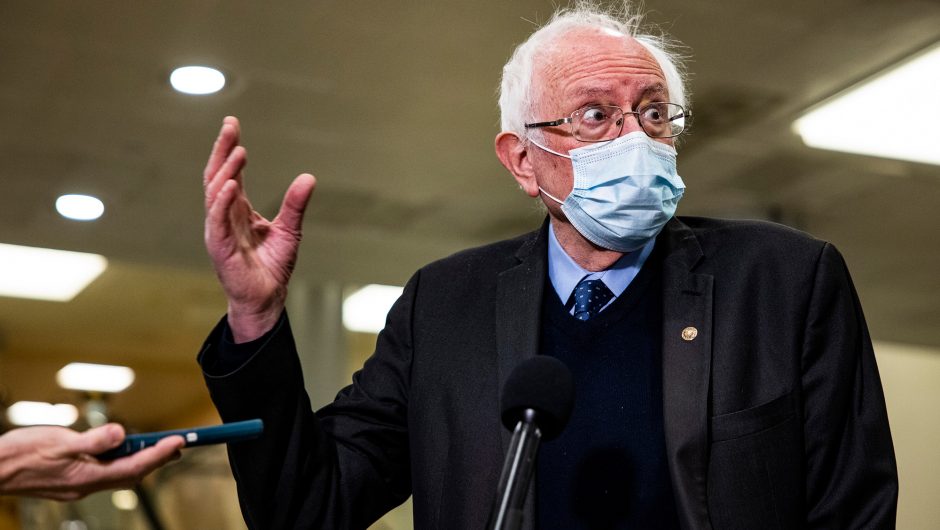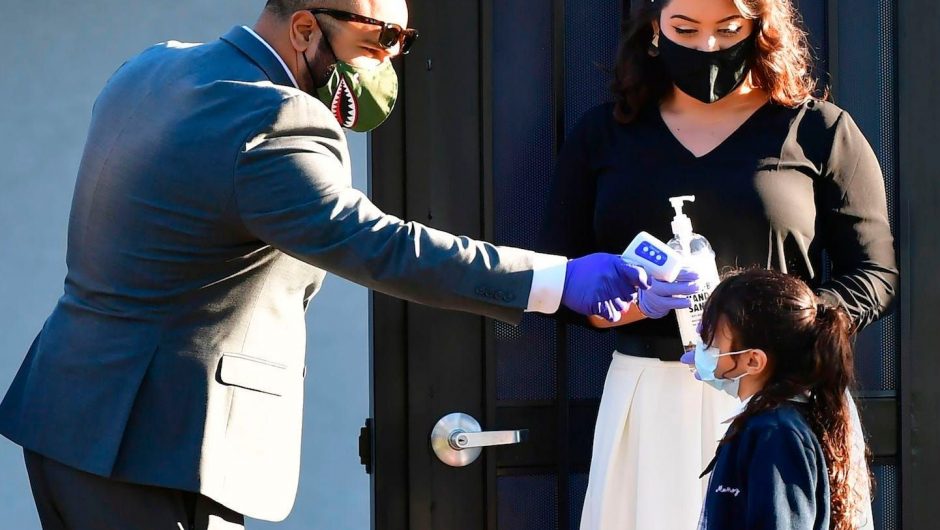Refinery29
Johnson & Johnson’s One-Dose Vaccine Was Just FDA Approved — Here’s What You Need To Know
A health worker administers a vaccine to a patient in a car during the Covid-19 mass vaccination for education workers in Granada, Spain, on February 23, 2021. (Photo by Álex Cámara/NurPhoto via Getty Images) As the U.S. surpasses a staggering COVID-19 death toll of 500,000, many Americans are concerned that states nationwide have proven unprepared to meet the high (and time-sensitive) demand for vaccines. But on Wednesday, the U.S. Food and Drug Administration approved the Johnson & Johnson single-shot vaccine for emergency use authorization, and if all goes according to plan, we could have a third authorized vaccine as soon as this weekend. The FDA found that Johnson & Johnson’s vaccine is “consistent with the recommendations set forth in FDA’s guidance Emergency Use Authorization for Vaccines to Prevent COVID-19.” In the U.S., the vaccine has a 72% efficacy rate against symptomatic COVID-19 and an 86% efficacy rate against severe illness, meaning recipients have a significantly lower risk of death or hospitalization. The efficacy rate is lower in South Africa, which has seen an influx of cases due to a contagious new variant: there, the Johnson & Johnson vaccine is reportedly 64% effective at preventing symptomatic cases and 82% effective at preventing severe illness. But until now, the country’s best vaccine — made by Novavax — was only 49% effective, and the AstraZeneca-University of Oxford vaccine offered so little protection that the rollout was halted by the South African government altogether. Altogether, the Johnson & Johnson vaccine has a lower efficacy rate than the Pfizer-BioNTech (95%) and Moderna (94.1%) vaccines, but according to The New York Times, recipients have reported noticeably fewer side effects. And because it can be stored at normal temperatures for at least three months, the vaccine will also be easier to distribute. Perhaps most importantly, unlike its predecessors, Johnson & Johnson’s vaccine is only one dose. The one-shot vaccine is a game-changer for people who struggle to or can’t leave the house, including those with disabilities or chronic illnesses and older and incarcerated populations — all of whom comprise at-risk groups. And as states have struggled with low supply, many Americans have been unable to set up appointments for their second dose. Officials have also worried that many people have forgotten or been unable to attend their follow-up appointments, too. “We’re very concerned,” said Dr. Nancy Nielsen of the University at Buffalo’s Jacobs School of Medicine and Biomedical Sciences. “As long as the vaccine remains scarce, and the longer we go, the more we think this is going to accelerate.” The Johnson & Johnson vaccine trials were paused back in October when one participant reported a “serious medical event.” Eleven days later, however, the company resumed the trial, reporting that there were “many possible factors” and “no clear cause” had been identified. It was also unclear whether the recipient had received a placebo vaccine. “Based on the information gathered to date and the input of independent experts, the Company has found no evidence that the vaccine candidate caused the event,” Johnson & Johnson reported in a statement. Hanneke Schuitemaker, PhD, the vice president and global head of viral vaccine discovery at Johnson & Johnson, told Refinery29 last year that the vaccine was based on the company’s HIV and Ebola vaccine candidates. “It’s based on a common cold virus. We have removed the piece of the genetic material of the cold virus to also create room for genetic material from another virus. In this case, the coronavirus,” she said. “And we produce these common cold viral particles with that little piece of genetic material of the coronavirus in them. In the end, they will get injected, and then the body [will hopefully create an immune response].” Now that it has the FDA’s stamp of approval, the vaccine will swiftly move to the next stage in the authorization process: on Friday, an independent group of advisers will review the FDA’s findings and recommend the vaccination’s authorization. If it’s a go, the FDA could authorize the vaccine as soon as Saturday. Dr. Richard Nettles, the vice president of U.S. medical affairs at Johnson & Johnson’s Janssen Pharmaceuticals, said that the company is prepared to deliver 100 million doses of the vaccine by the end of June. Like what you see? How about some more R29 goodness, right here?Why Are COVID Vaccines Only In Wealthy CommunitiesThe Vaccine Rollout Is Failing Incarcerated PeopleWhy Are Israel COVID Cases Suddenly Rising?


